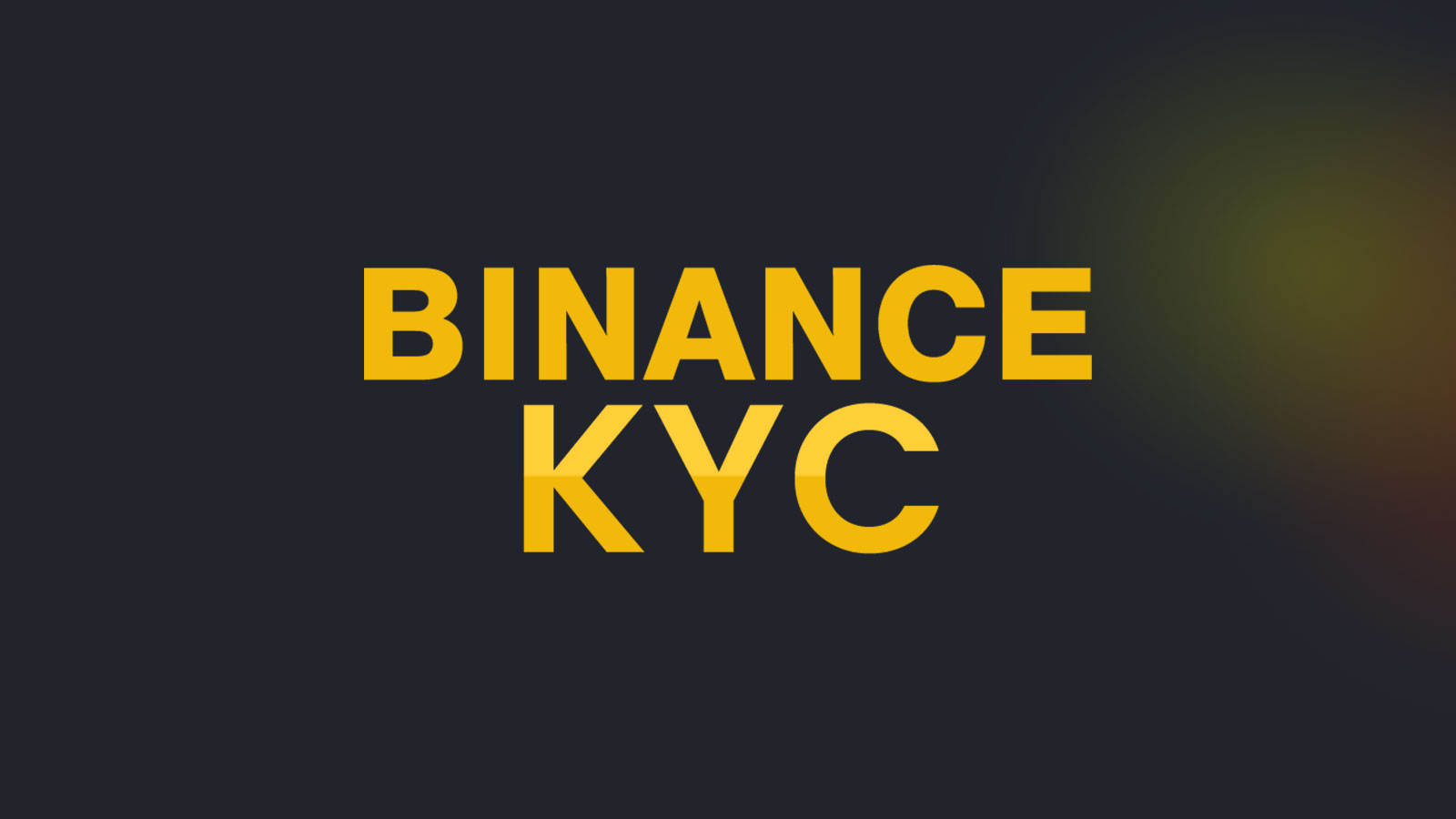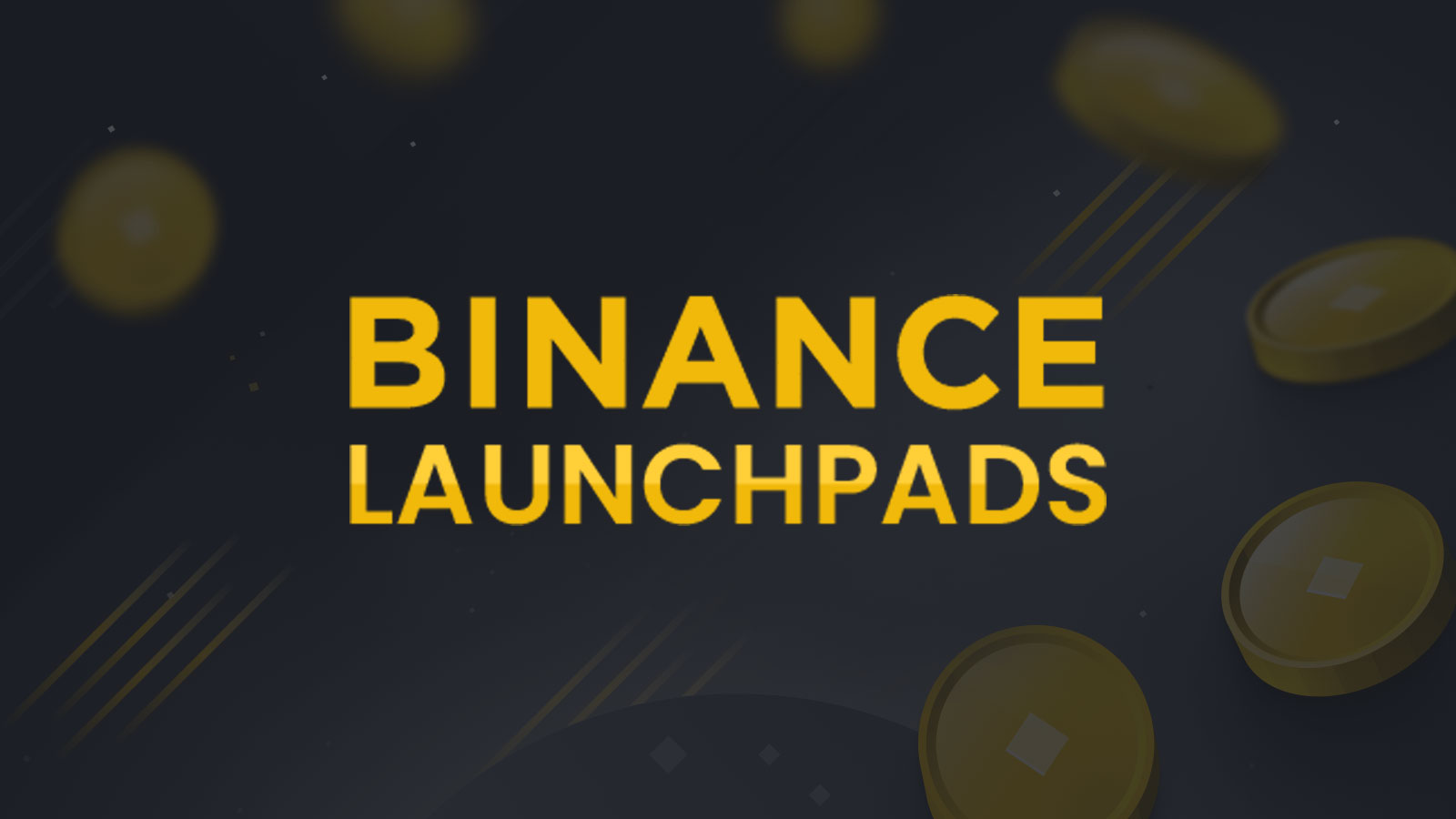September 27, 2024
Understanding Tokenomics for New Projects on Binance Smart Chain
Here’s the next guide on understanding tokenomics, accompanied by a detailed infographic to help visualize the concepts:
Introduction:
Tokenomics involves the economics of a token — how it is issued, managed, and integrated into the wider ecosystem of a blockchain project. This guide will explore the fundamentals of designing effective tokenomics for projects planning to launch on the Binance Smart Chain (BSC).
Step 1: Define the Token’s Purpose
- Utility Tokens: Used to provide access to a service or function within your platform.
- Security Tokens: Represent investment in the project for financial returns.
- Governance Tokens: Allow holders to vote on project decisions.
Step 2: Design the Token Distribution
- Pre-Sale and Public Sale: How much of the total supply will be sold to early investors and the public?
- Team and Advisors: Typically, a portion is reserved for the team, locked for a period to align team incentives with project longevity.
- Partnerships and Ecosystem: Allocate tokens for future partnerships, community incentives, and ecosystem development.
Step 3: Determine the Token Supply
- Fixed vs. Inflationary Supply: Decide if the total supply is capped or if new tokens will be created over time.
- Initial Circulating Supply: How many tokens will be in circulation immediately after the launch?
Step 4: Establish Governance Mechanisms
- Decentralized Decision-Making: Integrate mechanisms for token holders to propose and vote on key decisions.
- Transparency: Regular updates and audits to maintain trust and transparency with token holders.
Step 5: Implement Utility Features
- Staking Rewards: Encourage users to hold and stake tokens in return for rewards.
- Transaction Fees: Implement token-based fees for transactions or services on the platform.
Step 6: Plan for Long-Term Sustainability
- Burn Mechanisms: Periodically ‘burn’ tokens to reduce supply and increase scarcity.
- Reward Reductions: Gradually decrease emission rates to preserve token value over time.
Conclusion:
Effective tokenomics is crucial for the success of any crypto project. It not only defines how the token will be used and circulated but also impacts investor perception and long-term viability. By carefully planning your project’s tokenomics, you can ensure alignment with both user incentives and project goals.




